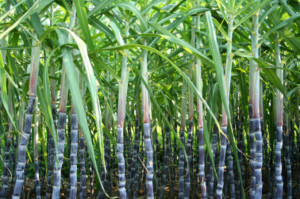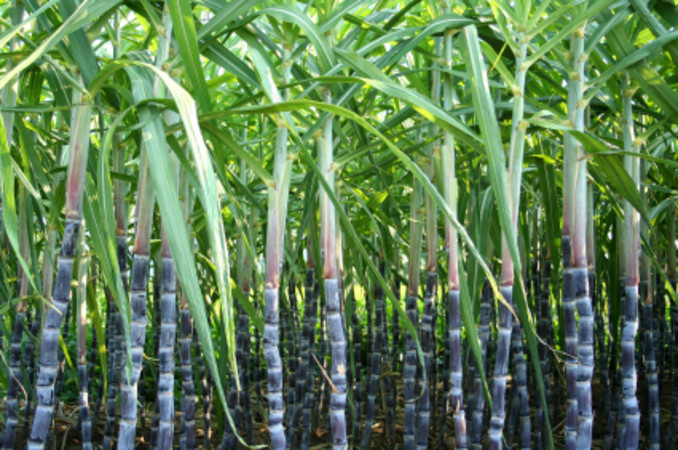 Kuwait’s Al-Badel International Development Company said it will launch a project to grow sugar cane in the southern Mozambican province of Gaza within the next three months.
Kuwait’s Al-Badel International Development Company said it will launch a project to grow sugar cane in the southern Mozambican province of Gaza within the next three months.
The project costs $1.5 billion and according to the chairman of the board of the Kuwaiti AIDC company, Ali Mahmoud, the sugar cane in Massingir district is intended essentially for the production of bio-ethanol.
Al-Badel chairperson, Ali Mahmoud, seemed however upbeat about the success of his company’s plans in the African company at the end of a meeting with Mozambican Prime Minister Carlos Agostinho do Rosario.
The two men discussed opportunities for further development projects in agriculture and industry.
Actually, investment is part of a larger plan as the Kuwaiti group projects to inject $ 26 billion into the economy of Mozambique. Mahmoud claimed that half of this amount will be dedicated to a residue processing plant of coal into diesel. This infrastructure will reduce the country’s dependence on imports, governmental sources said.
“This is a project of great importance since it will reduce Mozambique’s imports of diesel”, said Mahmoud. “The agreements on this project will be concluded within the next six months, and then the phase of the viability study will take off” he added.
The Al-Badel project to produce bio-ethanol in Massingir is not the first in Mozambique but all previous projects had failed.
A contract was signed in 2007 with the company Procana to produce ethanol from a 30,000 hectare sugar plantation in the same locality.
The London-based Central Mining and Exploration Company (CAMEC), promised to invest 510 million dollars in Massingir. But Mozambique saw almost none of this investment: two years after the contract was signed, all Procana had done was to clear 800 hectares of land.
The government then cancelled the contract and began looking for other investors.
